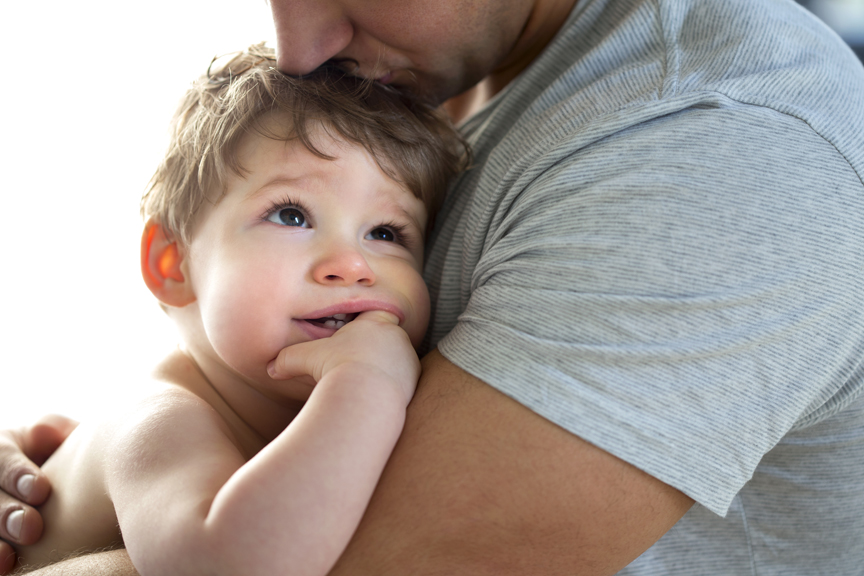- Behavior
- Health
- Parenting
Help! What should I do? My baby or toddler won’t calm down

In this article, you’ll find answers to questions like:
1. What are benefits of comforting?
2. How best to soothe?
3. Who can help?
Do you feel like fleeing the house from your crying baby or your toddler in the throes of the terrible twos?
Hang in there. All of your perseverance and abundance patience will be worth it.
1. WHAT ARE BENEFITS OF COMFORTING?
Responding to babies quickly and keeping them as comfortable as possible helps to build trust and contentment, says Deborah Newell, director of Positive Parenting Program, known as Triple P, at Community Partners of South Florida, which is funded by Children’s Services Council. This builds the foundation for self-soothing and stability.
Just like us, the children we love may get angry, upset or frustrated when things don’t go their way. It’s important that people of all ages learn foundational calming skills to foster positive and healthy relationships for a lifetime. Even the most low-key parents need help managing family stress at times.
“A parent can cuddle, touch, smile and talk to a baby when he or she is awake and calm,” Newell says. “Changing positions and providing new things to look at reinforces your baby’s ability to enjoy quiet activities while awake and alert.”
2. HOW BEST TO SOOTHE?
There are many calming options to explore with children of all ages — and also for yourself. Let’s face it: Your stressed child can make you stressed.
“Try removing a smaller child from a stressful situation and relocating to a quiet corner to color, draw, sketch or journal to avoid escalation,” Newell says. “Deep breathing, counting backward, squeezing a stress ball, applying hand lotion, excusing oneself to the bathroom, washing the face, and walking away to a quiet place can all be very calming activities for parents and adult caregivers.”
3. WHO CAN HELP?
Parents can reach out to local organizations for help with baby and toddler behavior. Start with these:
SOURCE:
• Deborah Newell, program director for Triple P, Community Partners of South Florida
You May Also Like
-
- Behavior
- Parenting
- Safety
5 steps to stopping a tantrum
Want to make your life a lot easier? Then get in the habit of following this routine to tame your child's temper tantrums. (You can thank us later!) …
Read More -
- Behavior
- Health
- Parenting
How to deal with my toddler’s tantrums
Here's a tip for when your child wrestles with emotions. …
Read More
Related resources
-
- Behavior
- Parenting
Center for Family Services of Palm Beach County
Positive Parenting Program, known as Triple P, offers free seminars and one-on-one guidance to help families improve the parent-child relationship
561-616-1222 Website Email -
- Behavior
- Parenting
Community Partners
Positive Parenting Program, known as Triple P — free seminars and one-on-one guidance to help families improve their parent-child relationships
561-841-3500 Website Email -
- Education
- Parenting
- Things to do
BRIDGES of Palm Beach County
Ten neighborhood hubs help parents raise children healthy, safe and strong
561-740-7017 Website -
- Behavior
- Health
- Parenting
Children's Behavioral Health Collaborative - Palm Beach County
A collaboration of five local mental health agencies that assess and treat children's serious behavioral, emotional or mental health problems
561-244-9499 Website -
- Behavior
- Education
- Health
211 Palm Beach Treasure Coast
Help Me Grow – information, guidance and developmental assessment of children up to age 8
2-1-1 Website Email -
- Other
- Safety
HomeSafe
Based in Lake Worth Beach, crisis intervention, planning, assessment, support, resources and therapy for victims of domestic violence and their children
561-383-9800 Website Email
